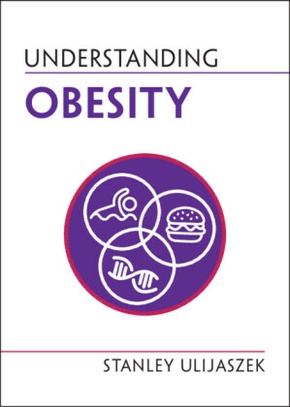| Verlag | Cambridge University Press |
| Auflage | 2024 |
| Seiten | 196 |
| Format | 12,8 x 1,0 x 17,8 cm |
| Gewicht | 193 g |
| Artikeltyp | Englisches Buch |
| Reihe | Understanding Life |
| EAN | 9781009218214 |
| Bestell-Nr | 00921821UA |
This accessible book unpacks the complexity of obesity, body weight and fatness and what can be done about it.
Most people have some dissatisfaction or concern about body weight, fatness, or obesity, either personally or professionally. This book shows how the popular understanding of obesity is often at odds with scientific understandings, and how misunderstandings about people with obesity can further contribute to the problem. It describes, in an approachable way, interconnected debates about obesity in public policy, medicine and public health, and how media and social media engage people in everyday life in those debates. In chapters considering body fat and fatness, genetics, metabolism, food and eating, inequality, blame and stigma, and physical activity, this book brings separate domains of obesity research into the field of complexity. By doing so, it aids navigation through the minefield of misunderstandings about body weight, fatness, and obesity that exist today, after decades of mostly failed policies and interventions.
Inhaltsverzeichnis:
1. I'm too fat; 2. It's my genes; 3. It's my metabolism; 4. I blame the food corporations; 5. I blame society; 6. You've only got yourself to blame; 7. You eat too much; 8. You don't get out enough; 9. Understanding the imperfect storm; Summary of common misunderstandings; References; Figure credits; Index.
Rezension:
'This excellent, highly accessible book is for anyone who struggles to make sense of the conflicting portrayals of obesity in our media and across society. Stanley Ulijaszek takes the reader on a fascinating journey from genetics to ultra-processed foods, from swimming to stigma. He explores the latest science to unpick assumptions and misconceptions about obesity in ways that are both enlightening and entertaining, throwing fresh light on this highly complex challenge.' Harry Rutter, Professor of Global Public Health, University of Bath

